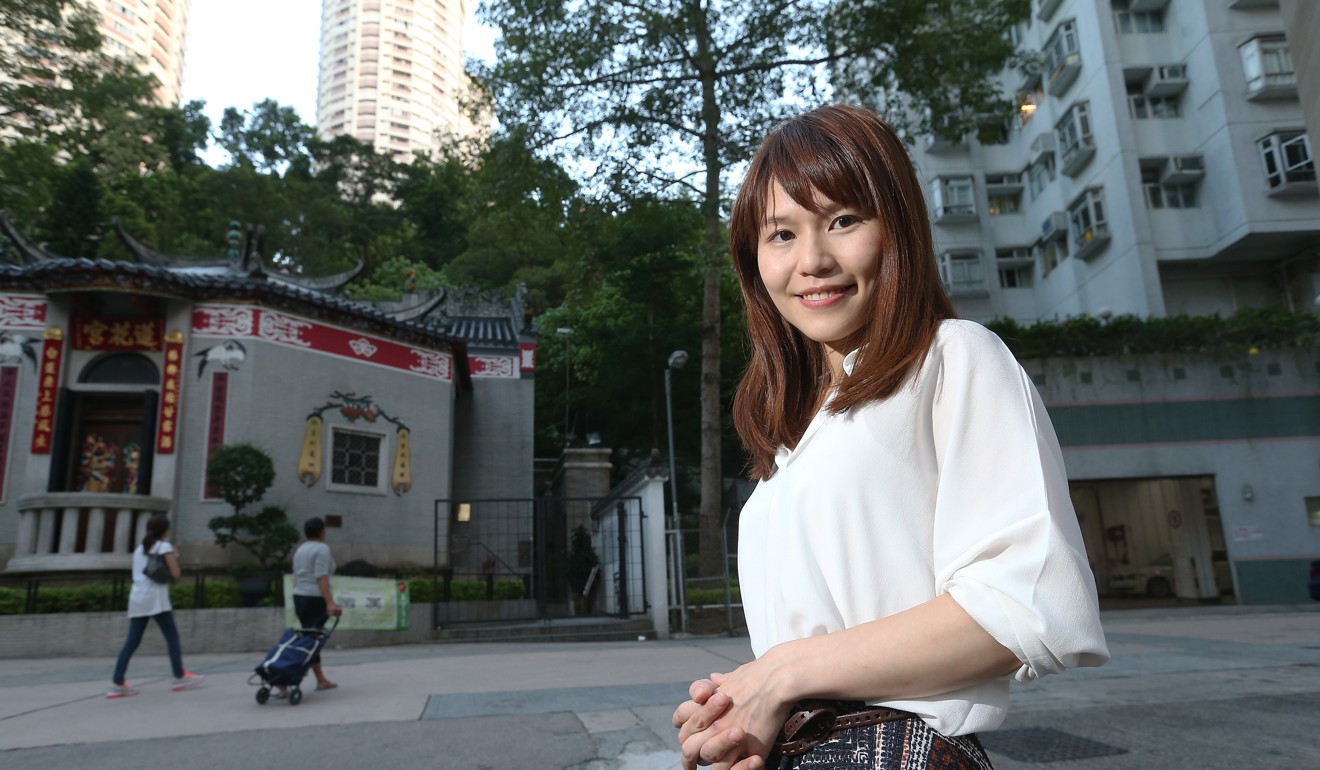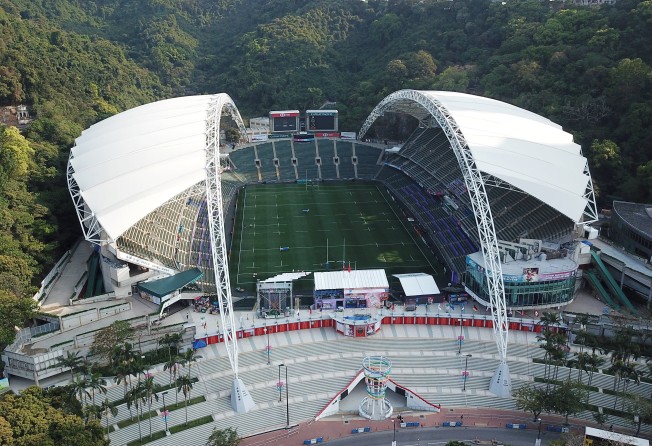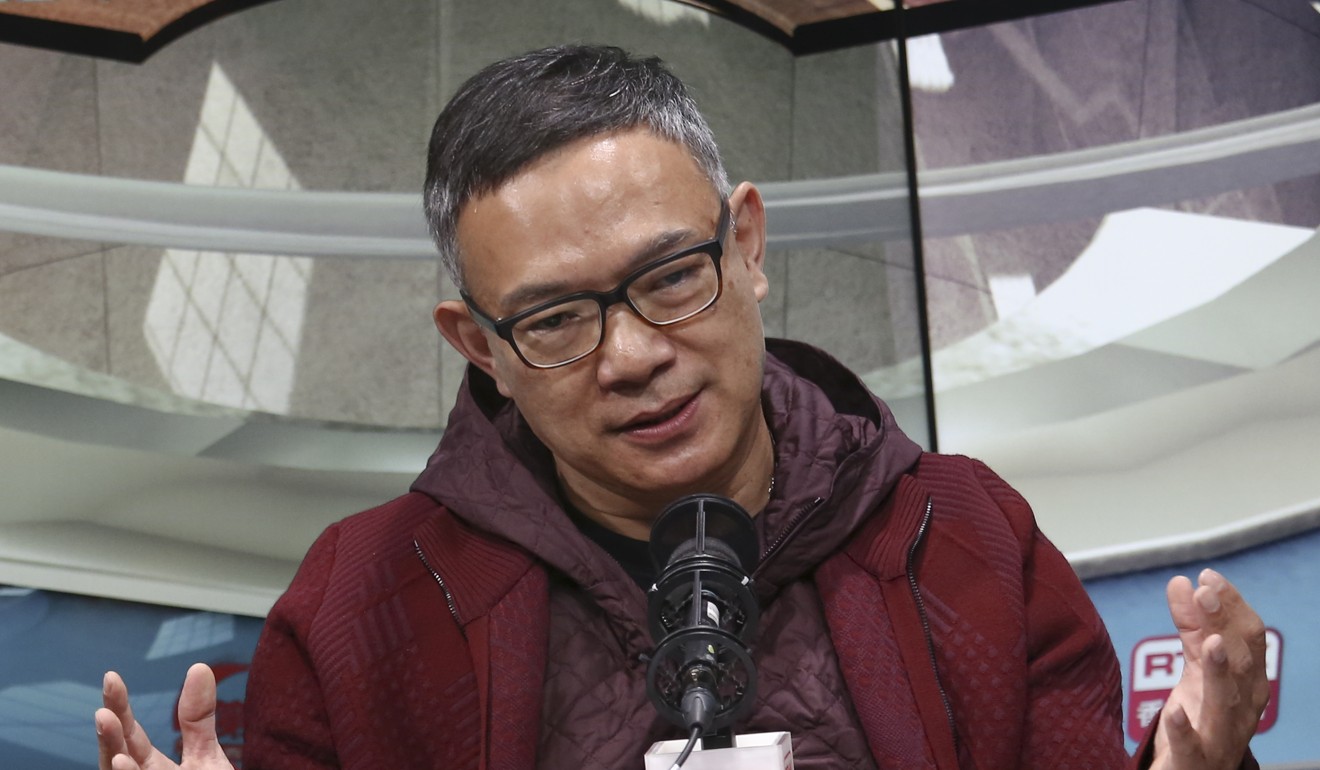
District council rejects government plan to redevelop Hong Kong Stadium as municipal sports ground
- Wan Chai district councillors criticised officials for failing to give more details of the plan and requested they address concerns and return for consultation
- Government intends to reduce stadium’s capacity by more than three-quarters and using it for community and school events

A Hong Kong district council refused to give its backing to a government plan to redevelop the city’s biggest stadium, after a two-hour discussion on Tuesday.
Some members at the Wan Chai District Council meeting criticised officials for failing to present more details of the plan and said it would be “irresponsible” for them to rubber-stamp the project, which is still in the conceptual planning stage.
Others remained unconvinced, despite repeated assurances by officials, that the plan to redevelop the Hong Kong Stadium would not lead to the demolition of the Wan Chai sports ground.
The government proposes to convert Hong Kong Stadium – capacity 40,000 – into an 8,000 to 9,000-seater public sports ground for community and school events.
The Leisure and Cultural Services Department said the stadium at the future Kai Tak Sports Park could largely fulfil the same function as the existing stadium.
The department suggested rebuilding the stadium as a facility with a spectator stand comprising about 8,000 to 9,000 seats, with other facilities such as multi-purpose conference rooms, a media centre, and a car park.

Localist councillor Clarisse Yeung Suet-ying asked if the government had a “hidden agenda”.
“The Hong Kong Stadium should not be redeveloped until the Kai Tak Sports Park is completed. Otherwise, Hong Kong might have no venue to hold large-scale sports events,” Yeung said.
The stadium is presently used for domestic and international sports events, including the annual Hong Kong Sevens rugby tournament.
“The only reason I can think of is that the government wants to demolish Wan Chai sports ground sooner after the redevelopment of the Hong Kong Stadium to make way for the development of exhibition facilities in Wan Chai,” Yeung said.
She added: “In this sense, the redevelopment plan is more of a commercial project than a sports one.”
Yuen Hing-keung, a home affairs official in charge of sports planning, denied this allegation.
“There is no hidden agenda. The plan of converting the stadium can allow the provision of more community sports facilities to benefit the general public as well as to promote sports,” Yuen said.
Councillor Yolanda Ng Yuen-ting also said she could not give her consent without knowing any details of the plan.

She also asked why the government wanted to rush it through the district council.
Councillor Paul Tse Wai-chun, who is also a legislator, raised concerns about possible traffic congestion in the area that might be caused by the stadium’s conversion.
“Hong Kong Stadium only holds events occasionally at present. But if it is converted into a local community sports ground, more events will be held there. It will attract more traffic to the area,” Tse said.
Officials said it was too early to talk about detailed development plans and costs.
“The consultation has just started. We shall continue to discuss with other stakeholders. If we get the green light, we shall continue to do feasible studies. By then, there will be more details of the plan and cost estimates,” said Rosa Au Pui-yin, a senior executive officer at the Leisure and Cultural Services Department.
The two-hour discussion ended without a vote on the plan. Officials were told to address the concerns raised by councillors at the meeting and return to consult the council again.